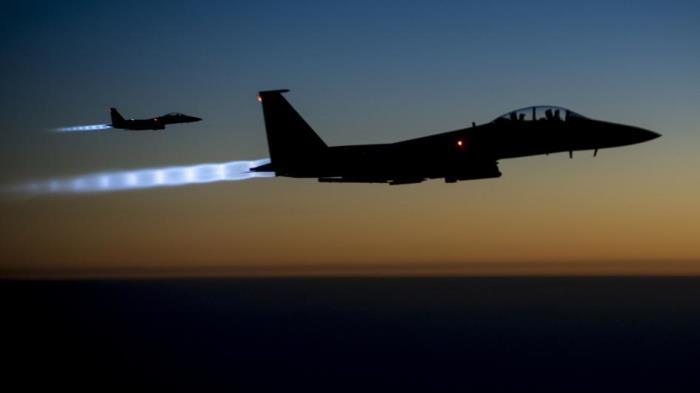Can Iran Join the anti-ISIS Coalition?

By: Mohammad-Mahdi Mazaheri
With the terrorist attacks in Paris and California, the world is now more concerned than ever about Da’esh/ISIS. Recent remarks by French officials such as former president Nicolas Sarkozy and the incumbent President Francois Hollande have sparked speculations about the Western countries’ inclination to collaborate with Iran against ISIS. Previously, following the success of the nuclear negotiations, other Western officials such as British Foreign Secretary Philip Hammond had spoken of a common ground between Iran and the West against terrorism.
Iran’s participation in the Vienna talks which revolved around the Syrian crisis could also signal a green light aimed to attract Washington’s consent for this collaboration. A global consensus in the fight against terrorism is, at this point, the only solution thinkable for the international community.
Hassan Rouhani’s administration that has based its foreign policy on constructive cooperation with the international community and participation in solving regional and global crises is willing to take part in the global fight against Da’esh. Historically a victim of terrorism, Iran believes that ISIS’ threats have reached a warning level and can harm the entire international community.
However, Iran’s actual participation in the international coalition against ISIS faces serious obstacles. There are serious opponents to Iran’s inclusion in the coalition. Regional rivals including Saudi Arabia have been strongly distressed after the nuclear agreement between Tehran and the P5+1 (five UN Security permanent members plus Germany) and throw a wrench in any procedure that may reinforce Iran’s power and regional or global position. Israel is another regional state deeply worried about Tehran turning into an active regional and global player, hence powerful lobbies make efforts inside European and American corridors of power to prevent Iran’s participation in the anti-ISIS alliance.
However, key members of the coalition may also be against an all-inclusive approach and Iran’s joining of the coalition. Washington and European countries follow a policy of supporting anti-Assad groups financially and militarily, and see their interests in the rise of these groups to power. In the meantime, Arab states such as Saudi Arabia, Qatar and the United Arab Emirates have endorsed salafi groups and view such radical Islamists as their agents for advancing their regional clout. Kurdish groups have their own agenda, and Ankara, which has only recently joined the coalition, has been strongly accused of supporting ISIS and buying oil from the group. Tehran and Moscow, on the other hand, see their interest in abolishing ISIS and the Wahhabi doctrines and exclusion of Western powers from power relations in the region. Thus, Iran seems to be an odd member of the likely global alliance against terrorism.
Despite such obstacles, the expanding scope of ISIS’ operations in the Western countries, Moscow’s backing of Tehran in regional crises, the relative isolation of Iran’s regional rivals due to their support for terrorist groups, and Iran’s determination to fight against radical Islamist groups may help to overcome such obstacles and join the international coalition against Da’esh.
* This piece was originally published in IRD Persian. Mohammad-Mahdi Mazaheri is a university lecturer and expert in Middle East affairs.

